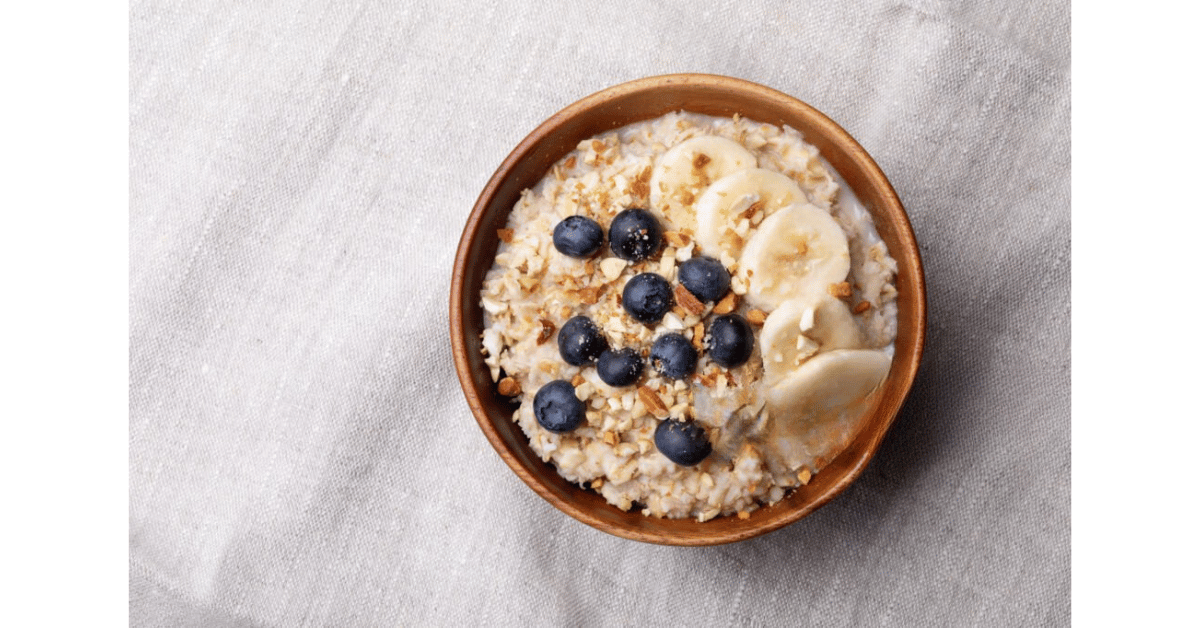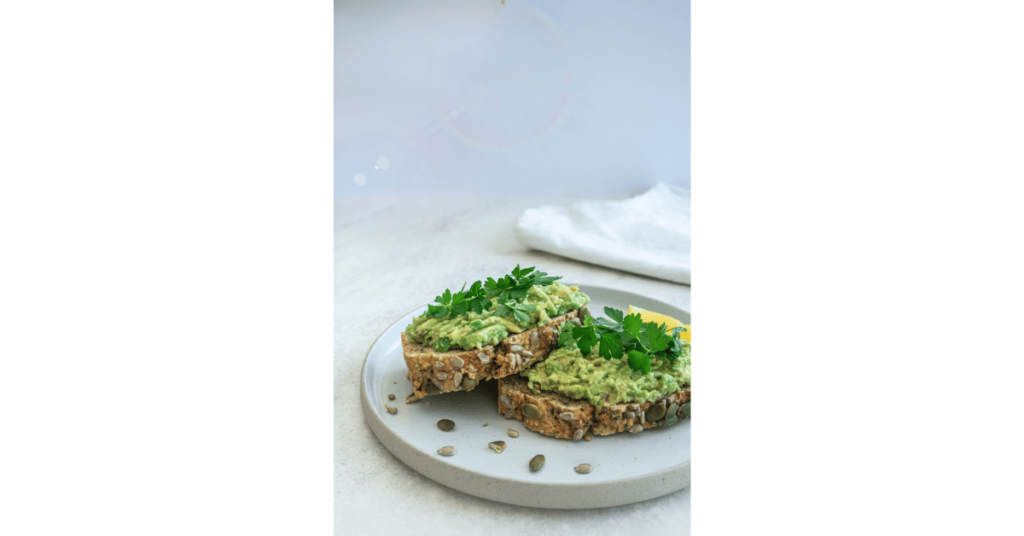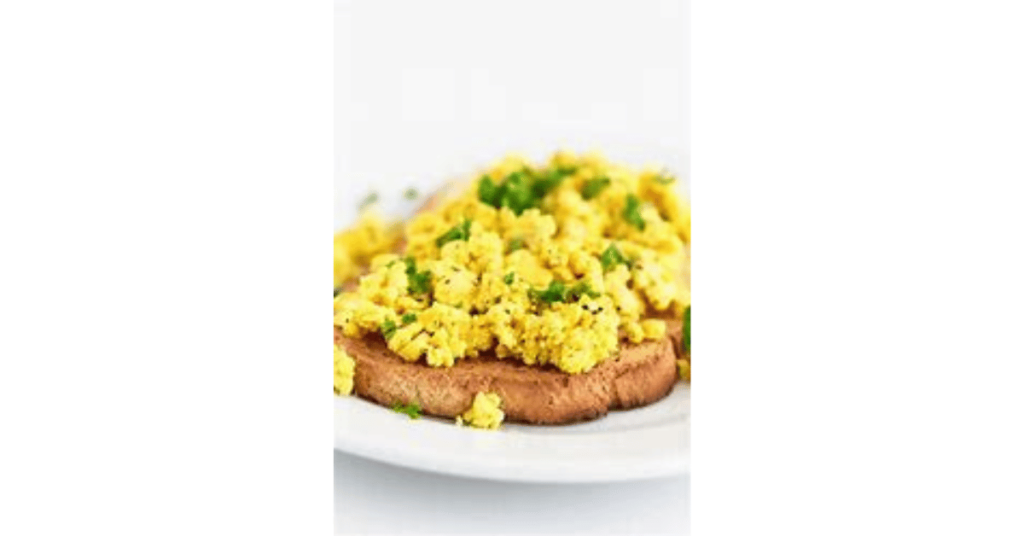Optimal Morning Nutrition: Whole Food Plant-Based Breakfast

Introduction
Can you imagine eating a whole food plant-based breakfast and leaving that brekkie of bacon and eggs with fried chips? Is it possible?
It is not just possible; it is doable. Opting for whole food plant-based breakfast is a lifestyle that will give you optimal health and reverse and control noncommunicable diseases that are endemic in society.
A nutritious breakfast is vital for starting the day on the right foot. It provides the body with the energy and nutrients to function optimally.
One approach to morning nutrition is a whole food plant-based breakfast, which focuses on consuming unprocessed plant foods rich in vitamins, minerals, and fibre. This article will examine the healthy outcomes of a natural plant-based breakfast and provide ideas for delicious and nutritious morning meals.
Why Choose a Whole Food Plant-Based Breakfast?
Health Benefits
Eating plant-based breakfast impacts your health and longevity. Whole Food Plant-Based breakfast will give you the health benefits that will catapult your health to the highest level.
- It will lower the risk of noncommunicable diseases.
- Improved digestion and gut health.
- Weight management and reduced risk of obesity.
- Increased energy levels and improved mood.
Environmental Benefits
Eating a plant-based breakfast will not only benefit your health but will also reduce your carbon imprint. The following are the environmental benefits:
- Reduced greenhouse gas emissions
- Conservation of water resources
- Preservation of biodiversity
What is a Good Plant-Based Breakfast?
An excellent plant-based breakfast includes a variety of foods such as plant protein, healthy fats, fibre, vitamins, and minerals.
A healthy breakfast should be balanced and provide the energy and nutrients you need to start your day.
Examples of healthy breakfast foods:
- Oatmeal
- Greek Yoghurt
- Chia seeds
- Berries
- Cottage cheese
- Whole grain toast
- Nuts
What Do Whole Foods Plant-Based Lifestylers Eat for Breakfast Instead of Eggs?
What Do Whole Foods Plant-Based Lifestylers Eat for Breakfast Instead of Eggs?
Eggs have become the Prima donna of breakfast. According to Faostat, egg consumption per capita reached 7.52 kg in 2020 in South Africa. It shows an increase of 5.32 per cent than the previous year. Farmers Weekly estimated that South Africans consume between 150 and 159 eggs per capita per year.
What can be the alternative to eggs that will also be tasty?
But let me share my story. When I started a whole food plant-based lifestyle, I never thought I would survive without eggs. And in fairness, that was and continues to be a daunting part of my diet. My breakfast used to be at least three eggs for five days.
What can I use to replace eggs was always the question each day I thought of when I had to prepare breakfast. Remember, this is coming from a guy who frequented Wimpy and having eggs with mushrooms plus toast – healthy stuff or was it?
Fortunately, breakfast with egg alternatives like Tofu Scramble and other available substitutes have made life easier.
Ideas for Whole Food Plant-Based Breakfast
It is essential to understand what kind of breakfast you must eat when living on plant-based foods. What are critical elements to look for that must be present in your breakfast?
There are some excellent pointers to remember when picking your first meal in the morning.
Ideally, you want to eat from all the micronutrient groups of carbs, protein and whole fats and consider low GI carbohydrates. Avoid any refined sugars usually present in commercial cereals. You must not be modest in your fruits and vegetables for your breakfast.
Take the time to prepare whatever you need for your breakfast beforehand. For example, you can soak your oats or chia seeds overnight with spices and fruits. Organising ahead makes for a tasty and ready-to-go breakfast the next day.
The following are ten healthy breakfast ideas.
Smoothie Bowls
You can have delicious smoothies such as Oats and Banana Smoothie, Tropical Smoothie, and Oat and Almond Breakfast Smoothie.
Blend a variety of fruits, vegetables, and plant-based milk and
Top with nuts, seeds, and granola for added texture and nutrients.
Overnight Oats
Leave overnight oats to soak in milk or water overnight rather than being cooked in the morning.
This method of not cooking oats allows them to absorb the liquid overnight and soften so they are ready to eat in the morning. Cooking this way makes overnight oats a quick and easy breakfast option. You can then easily customise them with different toppings and sauces.
You can combine rolled oats, plant-based milk, and your choice of toppings (e.g., berries, nuts, and seeds). Allow your oats to remain in the fridge for cooling overnight for a quick and easy breakfast in the morning.
Sophie Godwin of BBC Good Food, her Overnight Oats comprises 2ml ground cinnamon, 50 grams rolled porridge oats, 30 ml natural yoghurt, 50 grams mixed berries, a drizzle of honey, and 7 ml almond butter.
The night before, stir cinnamon and 100 ml water or almond milk into your oats with a pinch of salt. Then, the next day, loosen it with a little more water or almond milk if needed. Top with the yoghurt, berries, a drizzle of honey, and almond butter.
Enjoy your overnight Oats!
Avocado Toast

Unsplash/Millie Mae
Toast whole grain bread and top with mashed avocado, add lemon juice, and a sprinkle of salt and pepper. You can also top with sliced tomatoes, cucumber, or microgreens.
Tofu Scramble

Sauté tofu with vegetables, spices, and herbs for a plant-based alternative to scrambled eggs.
For a healthy recipe, get the following:
5 ml Olive oil
One small onion thinly sliced.
One large garlic clove
2 ml turmeric
5 ml ground cumin
2 ml sweet smoked paprika
280 g extra firm tofu
100 g cherry tomatoes halved.
Half a small bunch of parsley chopped.
You must heat the oil in a pan over medium heat. Gently fry the onion for ten minutes or until the onion turns golden brown. Stir in garlic, turmeric, cumin, and paprika and cook for a minute.
Then, roughly mash the tofu in a bowl using a fork and keep it chunky. Add to the pan and fry for three minutes. Raise the heat and put in your cherry tomatoes. Cook for five minutes until it softens. Fold the parsley in the mixture and serve.
You can eat your Scramble with whole wheat bread.
This recipe has been the best for me in replacing egg cravings for breakfast.
Nutritionally, I get 225 kcal and 14 grams of fat. Additionally, I acquire 7 grams of carbs, 4 grams of sugar, 3 grams of fibre, 15 grams of protein, and 0.1 grams of salt per serving. A perfect and healthy plant-based breakfast.
You can also try Losune’s Tofu Scramble. It is delicious and easy to prepare.
Oil-Free Roasted Potatoes

If you want to enjoy this crispy dish without any oil, it is low in calories and can be flavoured. You only require a pot, a baking sheet, and a knife.
Cook your potatoes for twenty minutes until fork tender. Then, use a baking sheet and bake them for twenty minutes until golden brown and crispy. Your roasted potatoes are now ready.
Serve them with your ketchup or cashew mayo.
Easy Baked Beans on Toast
Easy baked beans on toast are a simple and popular dish that consists of toasted bread topped with heated canned beans or cooked white beans. You can add spinach, onion, tomato paste or other ingredients to make it flavourful.
The recipe by Alena, from nutriciously.com, is splendid!
Mixed Fruit Kebab
Spar South Africa grocery store recommends using the following ingredients for this delicious plant-based breakfast.
Use any mix of Freshline fruit, such as:
- Two red apples
- One large pineapple
(Or you can use strawberries, naartjie segments, green apples, or large grapes.)
Then, cut the fruit into square chunks, but if you use fruits such as strawberries or grapes, cut off the stalks and keep these whole.
Push the fruit onto skewers, alternating the colours and serve chilled for breakfast with plain, low-fat, non-dairy yoghurt.
– Steel-cut Oats Breakfast Bowl
Steel-cut Oats Breakfast Bowl
A steel-cut oats breakfast bowl comes from steel-cut oats, whole oat groats cut into pieces.
Steel-cut oats are chewier and nuttier than rolled or instant oats and have more fibre and protein. They are cooked with water or plant-based milk and then topped with fruits, nuts, seeds, or other ingredients. Some examples of steel-cut oats breakfast bowls are:
- Oatmeal and quinoa with maple syrup and peanut butter.
- Oatmeal with berries and walnuts.
I enjoy the Minimalist Baker recipe for a steel-cut oats breakfast bowl.
Fluffy Chickpea Scramble
The Fluffy Chickpea Scramble recipe is simple, requiring just thirty minutes and ten ingredients to make!
The secret of the flavourful fluffy chickpea scramble is the addition of baba ganoush, an eggplant blended mix with lemon juice, tahini, and sea salt. You must char the eggplant over the gas stove or grill it. Baba ganoush helps bind the chickpeas together while providing flavour, creaminess, and a bit of fluffiness!
Savoury Breakfast Salad
A savoury breakfast salad is a dish that combines greens, vegetables, fruits, grains, nuts, seeds, cheese, tofu, or other protein sources with a dressing. You can serve your breakfast hot or cold, depending on your preference.
An example of the salad is a Blueberry Sweet Potato Salad with roasted sweet potatoes, blueberries, endive, almonds, and plant-based cheese with a lemon dressing.
Conclusion
A whole food plant-based breakfast is a nutritious and sustainable way to start your day. Choosing unprocessed plant foods can reap numerous health benefits while reducing your environmental footprint.
Experiment with recipes and ingredients to find your favourite whole Food plant-based breakfast options. Remember, a nourishing breakfast sets the tone for a productive and energised day.

1 thought on “Optimal Morning Nutrition: Whole Food Plant-Based Breakfast”